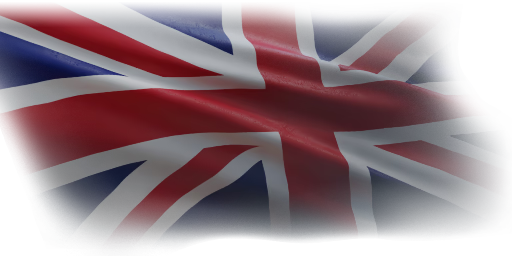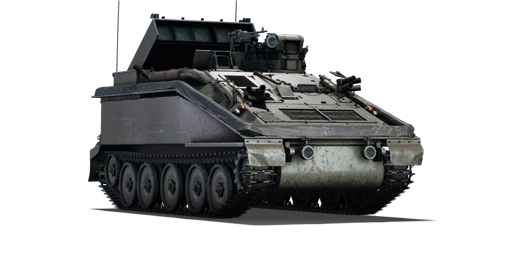



The Striker is a British tank destroyer. It was introduced in Update 1.71 "New E.R.A.".
The Striker is basically a direct upgrade to the Swingfire and is better than its predecessor in some ways, even though it has its own problems. Just like the Swingfire, the Striker's purpose is to blast the enemy out of cover by firing at them indirectly whenever possible, but it has some trouble at attacking long-range, as BAe Swingfire missiles are slower than the rest.
Striker has a much better fire rate and a bigger room for error compared to its predecessor, due to having five launchers at once, thermal imaging and great mobility, so its push-preventing powers can be godlike in skilled hands.
Nevertheless, its guidance camera placement is far from ideal - it creates aiming problems when firing and controlling the ATGMs over uneven ground or from behind cover, requiring user to directly aim with the scope to make corrections, which involves also exposing the vehicle to the enemy kinetic shells - unlike with the Swingfire's raised camera podium.
Due to this main disadvantage, it takes a lot more dedication and patience from its users to command the vehicle expertly.
| Ammunition | Type | Armor penetration (mm) at a distance: | |||||
|---|---|---|---|---|---|---|---|
| 10 m | 100 m | 500 m | 1000 m | 1500 m | 2000 m | ||
| ATGM | 535 | 535 | 535 | 535 | 535 | 535 | |
| ATGM | 700 | 700 | 700 | 700 | 700 | 700 | |
| Belt | Belt filling | Armor penetration (mm) at a distance: | |||||
|---|---|---|---|---|---|---|---|
| 10 m | 100 m | 500 m | 1000 m | 1500 m | 2000 m | ||
| AP/AP/T | 13 | 12 | 7 | 3 | 2 | 0 | |












Mobility | |
|---|---|
Protection |
|---|
Firepower |
|---|